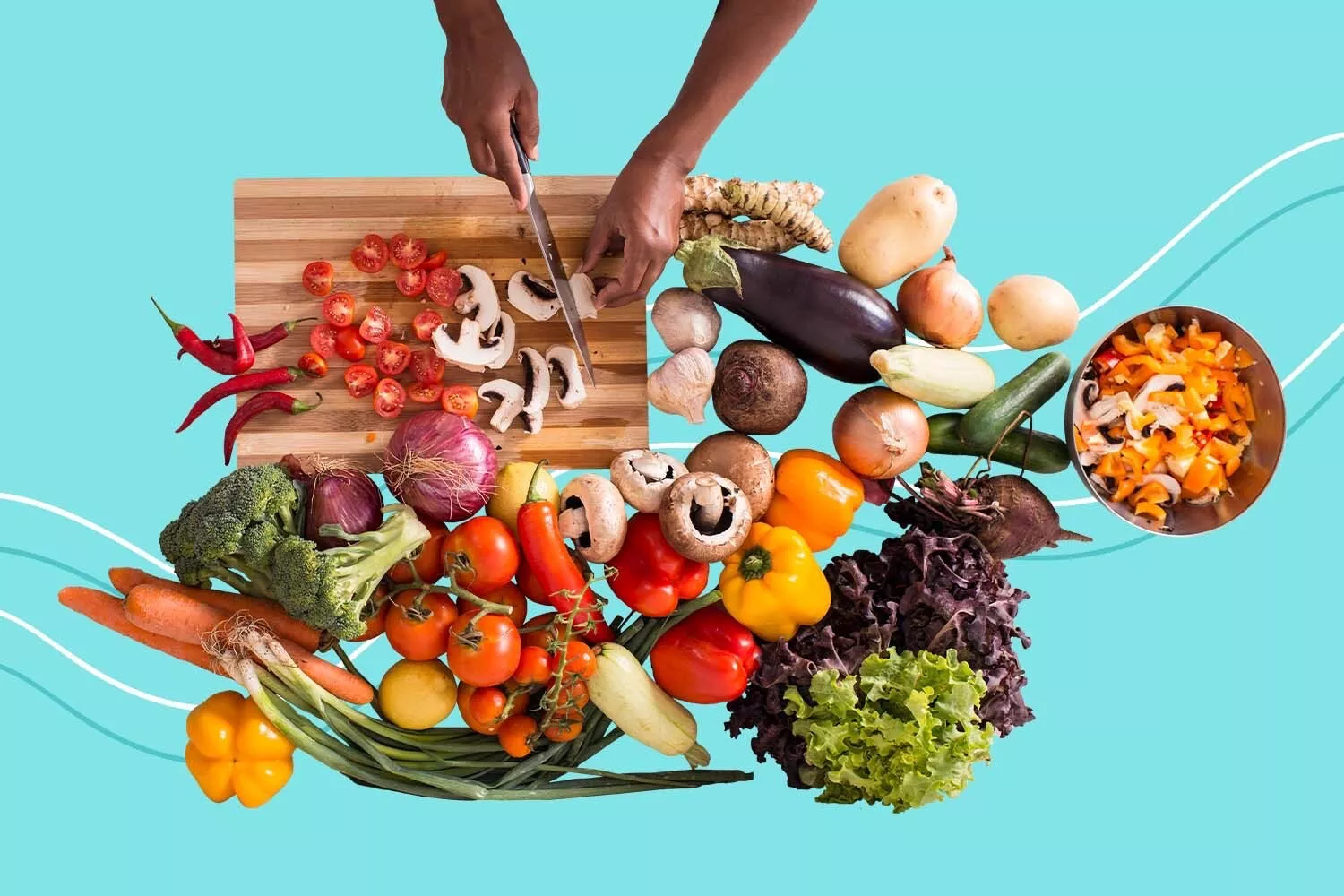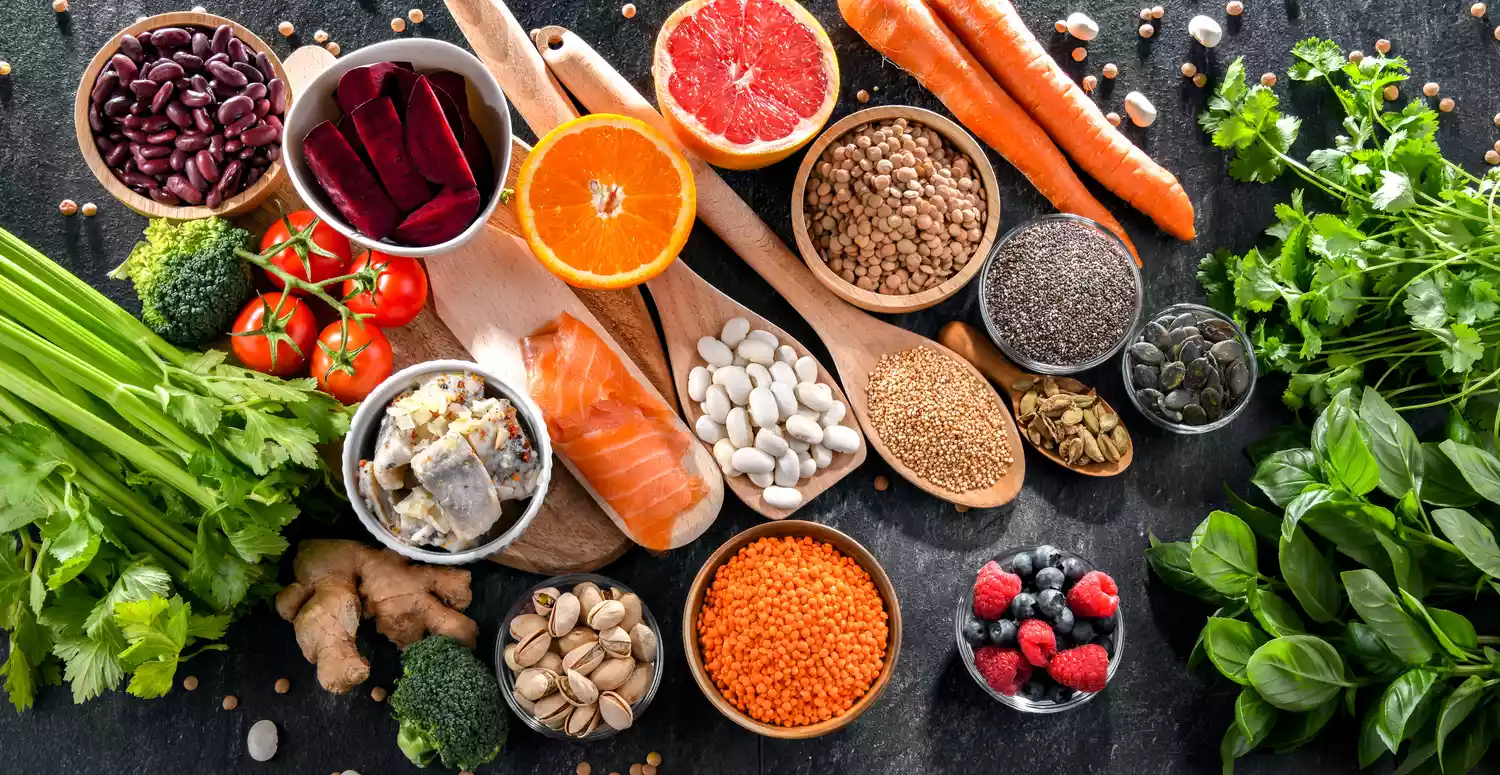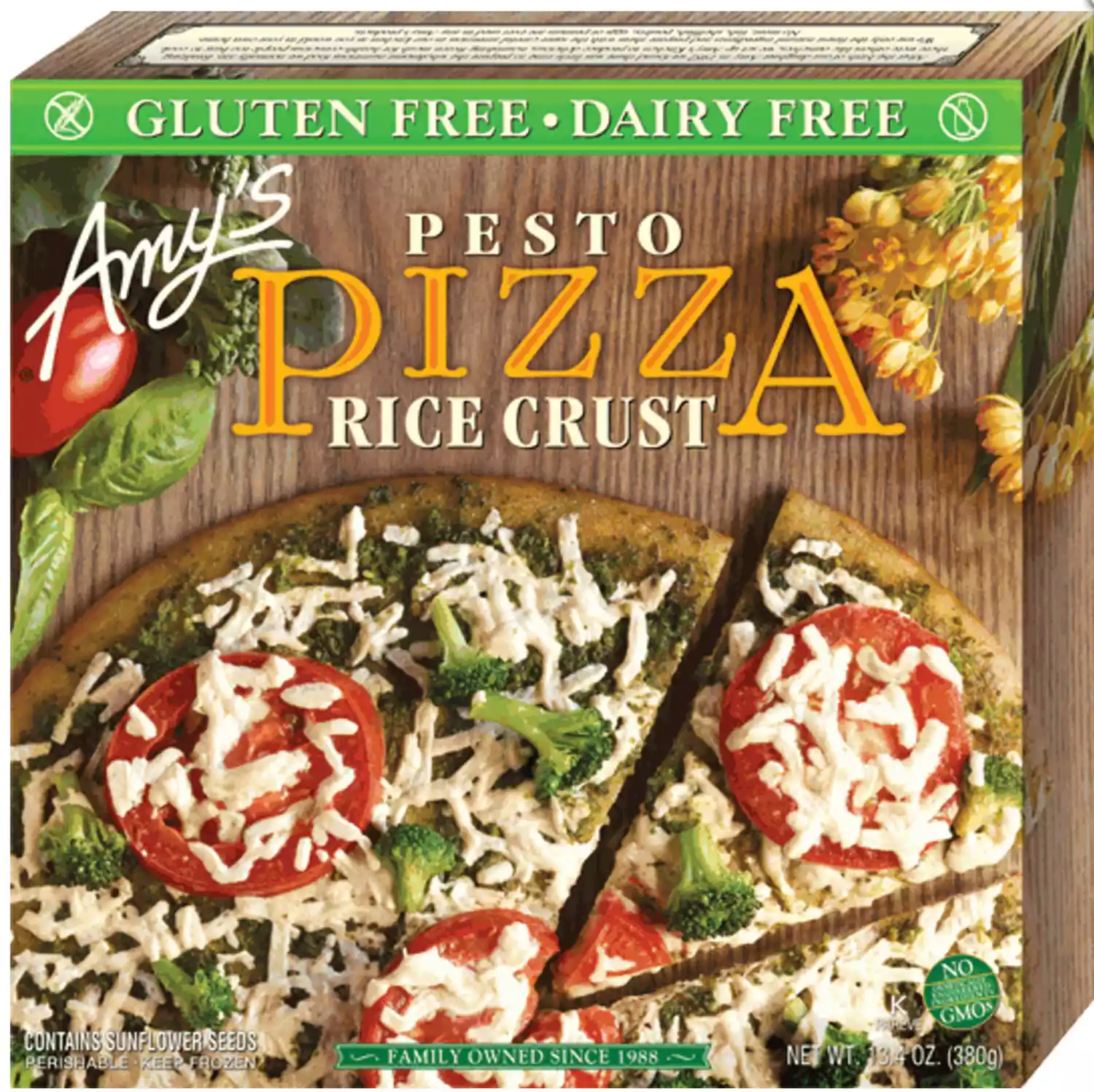
The eating design focuses mostly on plant foods such as fruits, vegetables, seeds, beans, and grains while preventing animal products such as meat, eggs, and dairy. Plant-based diets place plant foods at the forefront of their usage, with little to no animal-based foods included.
In the middle of the clearly positive repercussions of the lifestyle, assumptions and mistaken beliefs are still related to it. One of the more considerable questions relating to plant-based living is the cost. Food is among the top expenses in lots of people’s budgets and any change in food habits can lead people to believe the financial value of their groceries is bound to increase. While this is possible no matter what dietary modifications you make, there are a couple of tips and techniques to keeping your spending plan while adjusting to a plant-based diet plan.
Is a Plant-Based Diet More Expensive?
All homes, food choices, and grocery budgets are various, and depending upon where you live, some kinds of plant foods are more costly than others. Research shows plant-based diets can in fact be less expensive than animal food-inclusive diet plans.
Research published by Oxford University in The Lancet exposed that consuming vegan meals in the house could result in 30 percent less spending than meat-based meals.2 Vegetarian and flexitarian meals can save you 14 percent (or more!) on your grocery budget, and diet plans that include fish– however no meat– can conserve you 2 percent.
Spending plan Tips for a Plant-Based Lifestyle.
While research study shows you can save cash on a plant-based diet, this might not be the case unless you prepare carefully. Below are some ideas to help you take advantage of your spending plan when following a plant-based way of life.
Skip the Mock Meats.
The research study from Oxford revealed that the budget plan cost savings from plant-based diet plans were only possible if consumers did not buy mock– or alternative– meats.2 Processed, mock meats are popular, however they are likewise extremely costly. What’s more, you can discover more nutrient-dense and less processed ways to get in protein than depending on these alternative meat items.
Strategy Your Meals.
Meal planning is the best way to guarantee you make use of your groceries and only purchase what you understand you require and will utilize. Before you shop, spend some time to prepare what you will eat throughout the week.
This will assist you avoid counting on take-out and dining establishment meals or frequent fast stops to the grocery store to purchase something pre-made, which will be more pricey. You’ll also be less most likely to have food waste if you plan ahead and use up what you buy. What’s more, meal preparation is associated with healthier meals and much better weight balance.
Purchase Frozen Plant Foods.
Frozen vegetables and fruits are just as healthy as fresh choices. Considering that the majority of frozen fruit and vegetables is selected at its peak and frozen instantly, the nutrients are maintained. What’s more, frozen produce is typically more cost effective than fresh, and considering that it keeps for much longer, you’ll be less most likely to have food waste, conserving you money in the long run.
Utilize the entire Plant.
Whenever you use a plant to develop a meal, think about which parts of the plant you usually get rid of. There are a number of methods to consume food scraps to make other tasty meals, sauces, or products that you can contribute to enhance the quality and taste of your meals while conserving money. Here are some ideas:.
Save onion, carrot, and other veggie scraps in the freezer to make vegetable stock.
Candy or protect the peels of citrus fruit for an extremely delicious food additive or topping.
Grate stems and tough areas of foods like cabbage, broccoli, and kale to make slaws or naturally fermented dressings.
Roast squash seeds for a healthy, high fiber and protein treat.
Discover Preservation Techniques.
Protecting foods is a tried and real old-fashioned approach for saving cash on your groceries. Discover to can, ferment, dehydrate, freeze, and properly save your foods, so they last.
Concentrate On Cheap Staples.
Packaged foods, such as crackers and baked items can be costly for little serving sizes. To save money, you can buy economical entire foods wholesale, such as beans and whole grains, like rice, quinoa, and oats.
Organize Your Fridge and Pantry.
A disorganized collection of foods in your refrigerator, kitchen, and freezer can result in wasting, rebuying foods you already have, or freezer burn and stale products. Put in the time to inventory your food items and keep a running list to ensure you understand what you have. If you decant and move your foods to clear containers and organize everything in a manner that permits you to see what you have, you’ll save cash by preventing food waste.
Prepare Food in the house.
The majority of people understand that eating out is a lot more pricey than making your own food. Conserve money on your plant based diet by choosing to prep your food in your home for work lunch, breakfast, and dinners. Make your own coffee, tea, and other drinks to prevent the big mark up on these products.
Cook Your Own Beans, Pulses, and Legumes.
If you eat a lot of these items then buying less expensive bags of dried beans and boiling them at house will make a significant effect on your budget plan. Think about including spices and seasonings too, or make things like bean soup, refried beans, and bean paste to add to protect and include to meals.
Attempt a CSA.
Community supported agriculture (CSA) boxes, and memberships are frequently much cheaper than buying all the exact same foods from a shop. Look for a CSA in your location that offers fresh, in your area produced vegetables and fruits that are in season. Some CSAs likewise include items like pre-made foods, breads, and other items that are provided at a discount.
Prevent Processed Foods.
Processed foods are generally far more pricey than whole foods and likewise are less most likely to keep you complete, which will imply you’ll take in more food to please your appetite. Pick processed foods less often. Instead, concentrate on entire, filling foods routinely.
Make Your Own Plant-Based Milk.
If you drink a great deal of nut milk or other plant-based milk, it’s worth finding out to make your own. Milk made from almonds, cashews, oats, or coconut is easy to make at home by soaking and running through a high powered blender or juicer. You can also strain the liquid for milk, then conserve the pulp to use in other recipes, even more saving you cash.
Try To Find Reduced Sale Produce.
Numerous grocery stores offer minimized sale produce that is nearly ripe, ripe, or overripe for a big discount rate. Getting these foods and using them immediately or utilizing them in protects, ferments, baked items, sauces, or broths is a great way to save cash and reduce food waste.
Buy in Bulk.
Buying staples like flour, beans, rice, oats, pasta, and other non-perishable items in bulk is cheaper than buying smaller sized versions. Considering that these products store well and last for a long time, you can conserve a great deal of money in this manner. Simply be sure you store everything effectively in air-tight containers in cool, dry locations to avoid insects and wasting.
Shop at Specialty Stores.
Specialty shops like Asian or Indian grocery stores frequently have a lot of extremely well-priced, plant-based food products readily available. These stores are normally cheaper than common grocery stores for the cuisines they accommodate. Check for plant oils like sesame oil, sauces, rice noodles, rice, lentils, and other items in bulk at these stores and compare prices.





